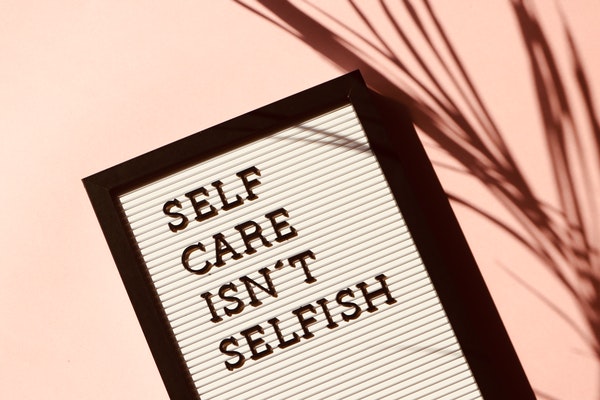Physical Address
304 North Cardinal St.
Dorchester Center, MA 02124
WELLNESS | SKIN CARE | HEALTH CARE
WELLNESS | SKIN CARE | HEALTH CARE


People are bombarded with so much information about so many things on a daily basis that it can be difficult to figure out what is important, or what matters to you. Health care information is no exception, and it is especially important because of the effects that incorrect or misleading information could have on your life. Being careful to check up on sources and verify facts is crucial when the topic is your health.
Finding Information
Information about health and health care, like many other kinds of information, can be found easily and in many places. Health and related issues are popular topics for general discussion, and are thus in the news virtually every day. Years of research and collected information are readily available to anyone who puts the time and effort into looking.
First-hand health care information can always be obtained by speaking with a qualified doctor. General practitioners can provide information about a wide variety of topics and can also refer you to specialists in particular fields who can help you further. Your doctor is always the best person to see to learn about your individual health and about information that might affect you personally.
Many topic-specific publications also exist to provide new and interesting information about specific health topics on a regular basis. If you are interested in something very specific, these types of publications may be more useful to you than other, more general interest information sources.
The internet may provide the largest amount and widest variety of sources of health care information, but with any information found on the internet, it is very important to consider your sources. Since nearly anyone with computer and internet access can post information that is virtually unregulated, you will want to get multiple opinions on, and verify the backgrounds of, any information that you discover on the internet.
Using Information Wisely
As with any type of information you need, it is important to verify that the health care information you have is accurate and legitimate. There are a number of easy ways for consumers to check up on any information they have found.
The first and most obvious way for consumers to verify information about health and health care is to simply ask a doctor. A large amount of news is published and broadcast every day about things like diseases, nutrition and dieting, and vitamins and supplements, and it can be difficult to figure out exactly what the information may mean in general, and whether it applies to you as an individual.
Many drug companies use advertisements that try to convince consumers they may need certain medications. Studies are released that make claims about the effectiveness of certain medications and treatments and the connections between risk factors and outcomes. Since all of these types of health care information can sway the opinions of consumers, it is a good idea to ask a qualified professional before beginning new health behavior patterns or taking new medications. In fact, you may want to ask several qualified professionals, since to add to the confusion, they don’t agree on everything.
You can verify health information to some degree as you are first finding it. It is simple to look for the source of the information and decide whether or not it is legitimate. Find out if what you are looking at is an advertisement produced by a company who may have an interest in getting you to use its product or service. If you are looking at information that is based on a scientific study, it is important to make sure you understand the conditions of the study so that you can have an accurate idea of what the study really shows. It is also a good idea to simply look for another source of the same information- if several separate sources have found and agree on the same thing, it is more likely to be legitimate. The United States Department of Health and Human Services is a good resource, and can give you a reliable “second opinion” about almost any kind of health-related information you find in other places.